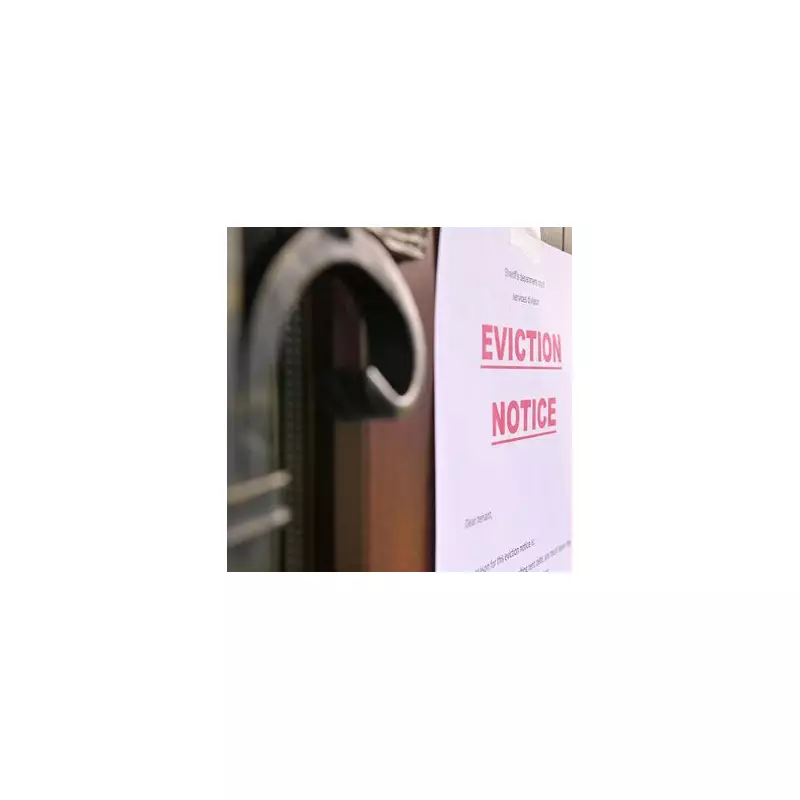
New figures have exposed a devastating debt crisis sweeping across Britain, with bailiffs now visiting one home every 59 seconds over unpaid bills. The staggering statistics reveal the human cost of the ongoing cost-of-living emergency affecting millions of households.
The Shocking Scale of Debt Enforcement
According to analysis by the debt charity StepChange, bailiffs visited approximately 540,000 homes in just one year between 2022 and 2023. This represents a dramatic increase in enforcement action as families struggle to keep up with essential payments.
The research highlights how ordinary households are being pushed to breaking point by mounting financial pressures. With energy bills soaring and food costs remaining high, many families are finding themselves unable to meet their basic financial obligations.
Who's Most Affected?
The data reveals concerning patterns about which households are bearing the brunt of this crisis:
- Families with children facing particularly high levels of bailiff visits
- Low-income households struggling with multiple debt demands
- Renters experiencing higher rates of enforcement action than homeowners
- Households in deprived areas seeing disproportionate bailiff activity
The Human Impact Behind the Numbers
Behind these alarming statistics lie real stories of financial distress and anxiety. Many households report feeling overwhelmed by debt collection efforts, with some facing multiple bailiff visits for different types of debt.
"The constant threat of bailiff action creates immense stress and anxiety for families already struggling to make ends meet," explained a StepChange spokesperson. "This isn't just about numbers - it's about people's lives being turned upside down by unmanageable debt."
What Can Be Done?
Debt charities and financial experts are calling for urgent action to address this growing crisis:
- Improved protection for vulnerable households facing debt enforcement
- Better access to free debt advice and support services
- Stronger regulation of bailiff practices and fees
- More flexible payment arrangements for those in financial difficulty
The situation represents a critical challenge for policymakers, lenders, and support services alike as they work to prevent more families from falling into unmanageable debt.





